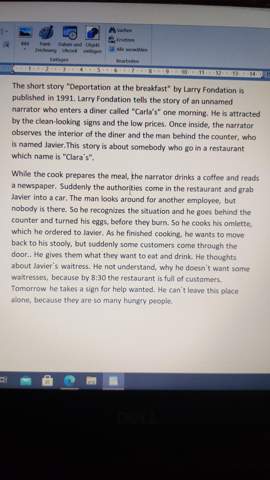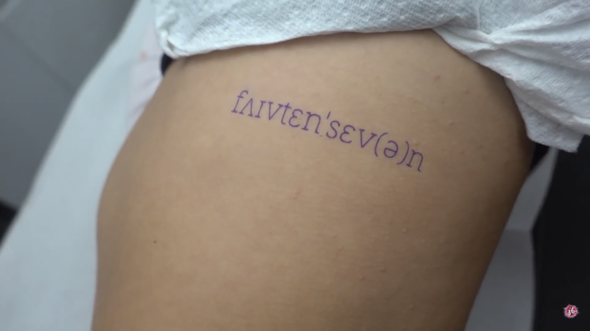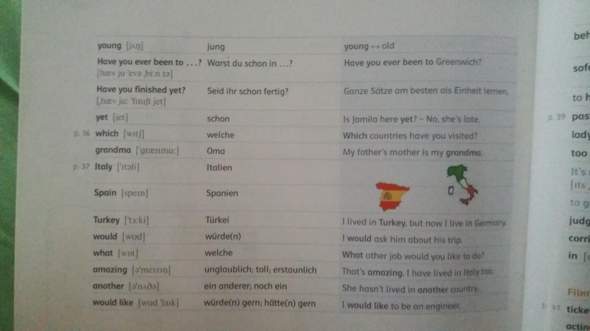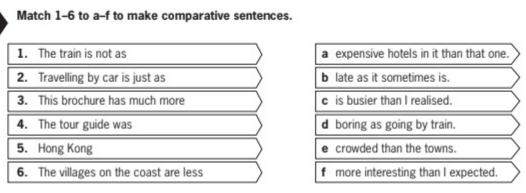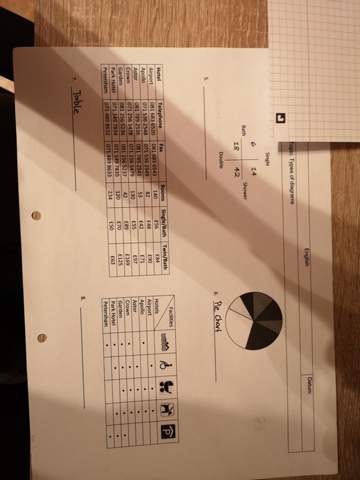describe a cartoon?
Hey Leute, meine Aufgabestellung lautet: describe the picture and discuss the truth about this stereotype in a text of min. 100 words on your own.
Habe ich es richtig beschrieben? Habt ihr Änderungs-Verbesserungvorschläge?
On this cartoon we can see two situations: on the first one we see a man drowning and another man walking his dog on the path walk. The drowning man is asking for help but the man with the dog doesn't even bother to look at him. On the second one we have the same situation, but, this time, the man with the dog actually helps the other man. The difference is that this time, the drowning man is polite when he asks for help and that made all the difference. Instead of just shouting for help, he said: "Excuse me, Sir. I'm terribly sorry to bother you, but I wonder if you would mind helping me a moment, as long as it's no trouble, of course.". This cartoon portrays the British's politenes. Of course that in real life no one would be so polite when drowning; we would just shout "help" like the man in the first situation. But, we have to face it: British are more polite than everybody else. I'm not saying that the ones who aren't British are inferior or less educated, but it's true that they often forget words like "please" and "thank you". On this cartoon being polite makes the difference between life and death. It may be a little extreme, but who knows if it may or may not come true. So, if you happen to have a son, a daughter, a student who misbehaves and has lack of politeness, or if you just want them to be even more polite or educated than what you taught them to br, send them to England. Undoubtedly, they would thank you. At least, I know I would.




